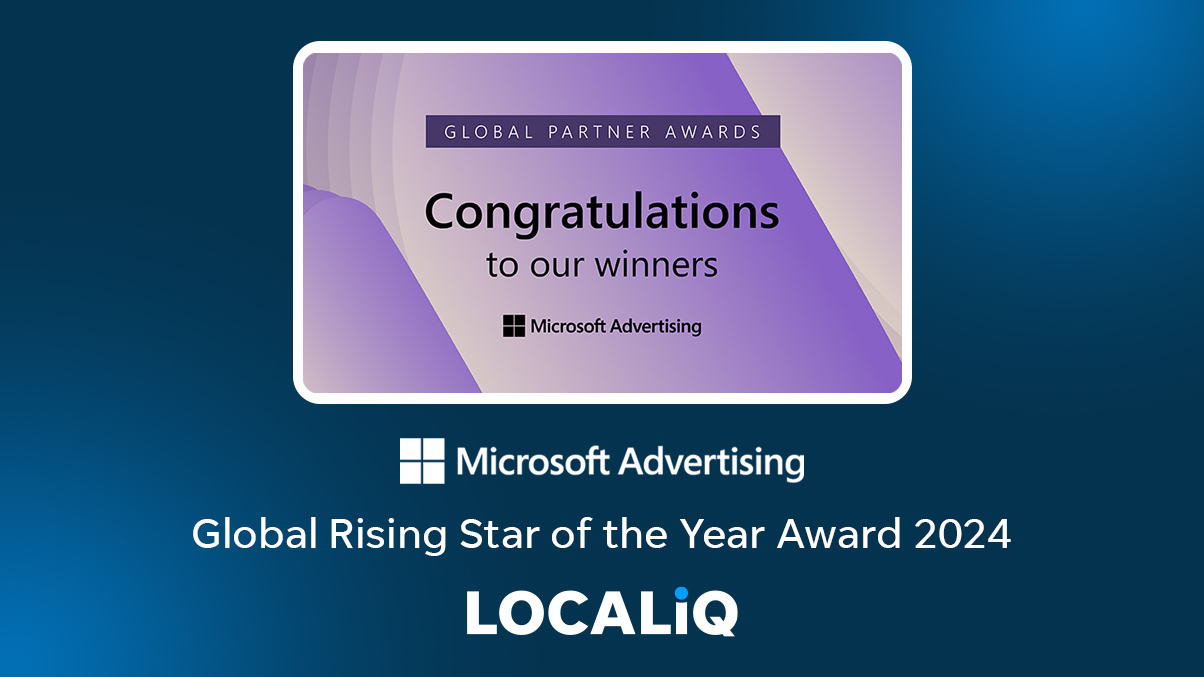There are some businesses out there that feel they don’t need a website because they can push content through social media channels. Unfortunately, this isn’t necessarily the case, so here’s four reasons why businesses still need a website:
Reason 1: Information
A website can hold a lot more information about your business compared with a social media page. With the ability to house multiple pages about your company, your products/solutions, your blogs, your case studies etc, a website is a fantastic hub for anyone learning about your business, and customers do like to research before they purchase a product or service.
Social media pages can still house some information, but it’s the simple stuff like opening times and a brief description of what you offer. Don’t get me wrong, social media is a great way to show off your brand personality and interact with existing and potential customers. However, people will look to your website for more reliable information, especially if you don’t post to social media often.
Reason 2: Search
It’s much easier to optimise a website in terms of online searches, than a social media page. Content relating to any area of your business and what you provide will help your search rankings, and although you can use the same information for social media, you don’t want posts to be that long or detailed.
Having a website as well as relevant social media pages will greatly improve your search rankings, rather than having one over the other. This is because search engine algorithms will see you have a greater online presence than those with just a social media page or two, or a website. Content is also key for search engine optimisation, so videos you have embedded on your website and links to them from social media pages, will also improve rankings.
Reason 3: Ease-of-Use
Bearing in mind you have a simple website with clear headings and a visual design, websites can be a lot easier to navigate than social media pages. No-one really wants to scroll down a business’s Facebook profile to find a specific product video they’re looking for, or to see when summer opening times are. This is all information that can be clearly found on a website under relevant tabs.
Your audience is also a factor to consider in-terms of ease-of-use. Yes, a specific retail business may target consumers between the ages of 14-25, but think about Birthdays and Christmases, it’s likely their parents and grandparents will be the ones researching and purchasing those products, therefore a social media page may not cut-it in those circumstances.
Reason 4: Capturing Leads
Websites can have multiple features embedded to help track and drive leads. Certain tools can show you which pages customers visited most, how long they spent on those pages, and can even tell you if they’re a first-time or return customer. This is all extremely helpful information when understanding how your customers and potential customers interact with your business, so you can optimise content accordingly.
Social media pages don’t quite have analytics in this much detail, some might be able to show you how many people visited your page, but they won’t give information about which posts they clicked on (only unless they liked/shared/retweeted/commented), they also can’t tell you whether people have visited your social media page once or multiple times, or who’s a first-time or repeat customer.
Overall, websites are a highly effective and well-needed tool for promoting your business. Social media pages are great for so many things, and can be an excellent business resource, but not in isolation.
If you want to learn more about how we can help you build your presence with website creation, contact us today.




